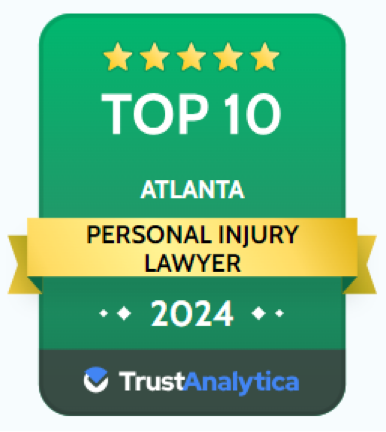All information provided about the law is very general in nature and should not be relied upon as legal advice. Every situation is different and should be analyzed by a lawyer who can provide individualized advice based on the facts involved in your unique situation, and a consideration of all of the nuances of the statutes and case law that apply at the time.
Who is responsible in a train and car collision?
The cause or causes of a train accident can dictate the people or entities to be named in a potential lawsuit. Railroad companies, private corporations, and municipalities have a duty to maintain railroad crossings in order to keep drivers safe from collision.
Railroad companies, private corporations, and municipalities have a duty to maintain railroad crossings in order to keep drivers safe from collision. These safety measures can include:
- Crossing gates. These devices prevent passage across the tracks when a train is approaching the intersection. Accident reports show that these gates have a greater safety effect on drivers on private property while they are less effective at a public crossing. This likely is caused by driver impatience and the fact that people focused on getting to a specific destination will ignore the potential danger and drive around gates, often resulting in tragic consequences.
- Maintaining the area around crossings to provide a clear line of vision. Vehicles are less likely to attempt to beat a train if they have a clear view of how close the train is and how fast it is moving. Obstructions including trees, shrubs, and man-made objects may interfere with the line of sight and lead to a collision.
- Regular inspections. Many problems would be discovered before an accident resulted if the entity responsible for the crossing would make routine inspections that led to the identification and execution of necessary repairs.
How useful is this for you?
Would you like to speak with an attorney?
Call NowWe Win More than Settlements.
We win the peace-of-mind you need to get your life back.
At Montlick, we believe comprehensive legal representation is a right, not a privilege. That’s why we provide our services on a contingency fee basis. You only pay when we win.








